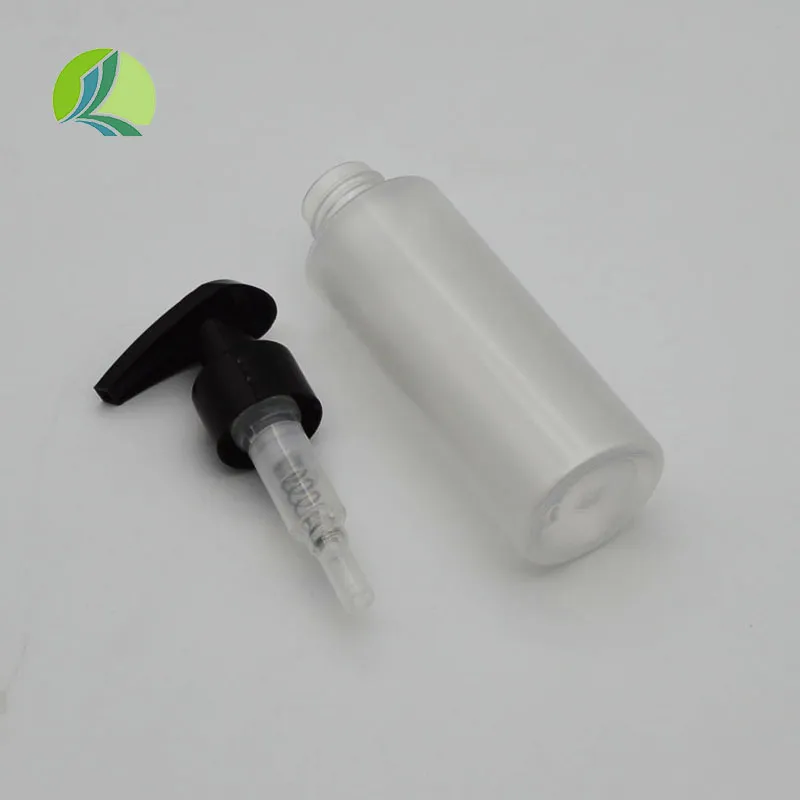Understanding the Uses and Applications of Test Tubes in Laboratories
What is a Test Tube Used For?
Test tubes are one of the most recognizable pieces of laboratory equipment. They have become synonymous with science and experimentation, often depicted in movies and media as part of a scientist's toolkit. But what exactly is a test tube used for? This article aims to explore the various applications, importance, and specific uses of test tubes in scientific research and various industries.
Definition and Structure
A test tube is a cylindrical piece of glass or plastic with a closed bottom and an open top. They come in various sizes, typically ranging from 10 to 20 centimeters in length and vary in diameter. The material used for manufacturing test tubes can differ, with glass being preferred for many applications due to its resistance to heat and chemical reactions. Plastic test tubes are also popular for their durability and wide range of applications.
Primary Uses of Test Tubes
1. Chemical Reactions One of the primary uses of test tubes is to carry out chemical reactions in a contained environment. Researchers mix reactants in the test tube and observe the chemical process. The narrow shape allows for the safe mixing of substances, minimizing the risk of spills.
2. Sample Storage Test tubes are ideal for storing small samples of chemicals, biological specimens, or other materials. Their sealed environments keep samples protected from contamination and evaporation. In laboratories, test tubes may be used to store solutions, cultures, or mixtures until they are needed for experimentation.
what is a test tube used for

3. Heating and Cooling Test tubes can be placed in hot water baths or heated directly over a flame (when made of glass). This makes them ideal for experiments that require precise temperature control. Cooling is also possible using ice baths, making test tubes versatile for various experimental conditions.
4. Separation Techniques In laboratories, test tubes are often used in separation processes such as centrifugation, where samples are spun at high speeds to separate components based on density. The wide matte surface area of a test tube allows for easy observation of the separation process.
5. Basic Laboratory Experiments Test tubes are commonly used in educational settings for demonstrations of basic chemical reactions and laboratory techniques. They provide a hands-on opportunity for students to learn about chemical properties, reactions, and the scientific method.
6. Medical and Biological Testing In medical laboratories, test tubes are crucial for collecting and analyzing samples. Blood samples are often drawn and stored in test tubes for further analysis. They are also used in microbiology to culture bacteria and other microorganisms, allowing for an understanding of infectious diseases and facilitating the development of treatments and medications.
7. Qualitative and Quantitative Analysis Test tubes can be utilized for both qualitative and quantitative analyses of substances. Using various solutions, researchers can determine the presence of specific chemicals through color changes or precipitate formation. Furthermore, volumetric measurements can be taken by observing the liquid levels in a calibrated test tube.
Conclusion
In conclusion, test tubes serve a multitude of purposes across various fields of study, including chemistry, biology, medicine, and education. Their design allows for safe experimentation, observation, and storage of substances, making them an indispensable component of any laboratory. As science continues to progress, the role of test tubes will likely evolve, but their fundamental function as a tool for experimentation and analysis will remain central to scientific inquiry. Whether one is a seasoned scientist, a student, or simply a curious mind, understanding the versatility of test tubes enhances the appreciation of the experiments we conduct and the discoveries we make.
-
Aesthetic Makeup Spray Bottles | Fine Mist Empty RefillableNewsAug.19,2025
-
White Plastic Veterinary Vaccine Vials | Lab Liquid BottlesNewsAug.18,2025
-
Plastic Medicine Liquid Bottle: Secure Flip Top Drug VialsNewsAug.17,2025
-
Durable 250ml Blue Plastic Vaccine Vial for Lab & Vet UseNewsAug.16,2025
-
Sterile Virus Sample Tubes: Secure & Reliable Specimen CollectionNewsAug.15,2025
-
White 250ml Plastic Vaccine Vial for Lab & Vet MedicineNewsAug.14,2025
























